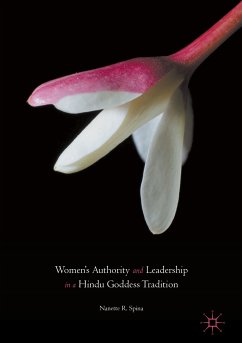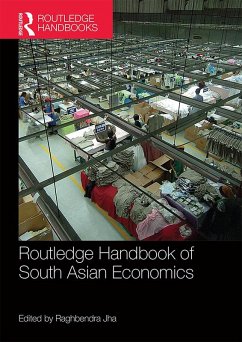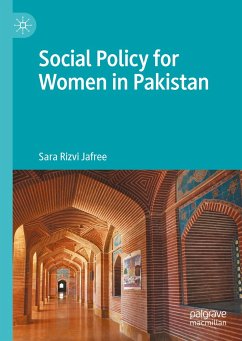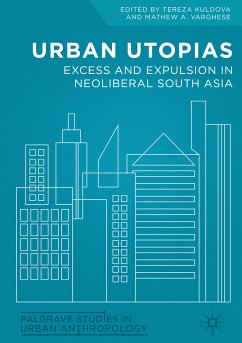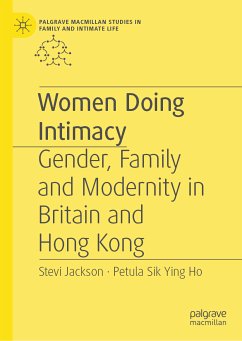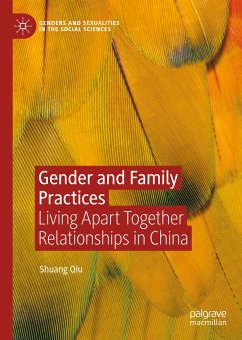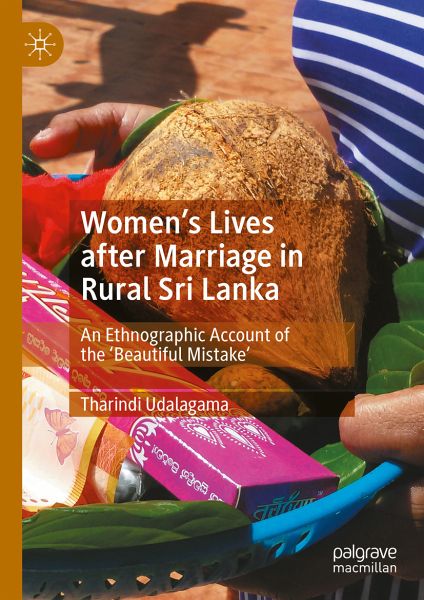
Women's Lives after Marriage in Rural Sri Lanka (eBook, PDF)
An Ethnographic Account of the 'Beautiful Mistake'
Versandkostenfrei!
Sofort per Download lieferbar
96,95 €
inkl. MwSt.
Weitere Ausgaben:

PAYBACK Punkte
48 °P sammeln!
Drawing on extensive research from a 14-month ethnographic study, this book delves into the intricate lives of married women in a rural Sinhala village in Sri Lanka. It explores their efforts to uphold community expectations while employing innovative and strategic approaches to navigate ruptures within their marital journeys. The chapters progress by dissecting the pivotal gender roles assumed by women in building happy marriages, establishing stable households, cultivating harmonious homes, and achieving effective household management. At the heart of this narrative is the concept of 'homema...
Drawing on extensive research from a 14-month ethnographic study, this book delves into the intricate lives of married women in a rural Sinhala village in Sri Lanka. It explores their efforts to uphold community expectations while employing innovative and strategic approaches to navigate ruptures within their marital journeys. The chapters progress by dissecting the pivotal gender roles assumed by women in building happy marriages, establishing stable households, cultivating harmonious homes, and achieving effective household management. At the heart of this narrative is the concept of 'homemaking,' which symbolises not only family life but also social stature. The text discusses how the categorisation of homes as 'good' or 'bad' relies on women's conscientious adherence to gender norms. Notably, the author also looks at the unique practice of married women resorting to sorcery as a means to mitigate the challenges stemming from marital disruptions while remaining aligned with societal gender expectations. Throughout, chapters systematically investigate the spectrum of opportunities available to these women, alongside the constraints they encounter, as they endeavour to cultivate successful marriages. Overall, the book provides profound insights into the complex interplay of married life, spotlighting women's astute negotiations of their roles and adept management of ruptures within the framework of established gender norms.
This book will be of interest to scholars in Gender Studies, Anthropology, Family Studies, and South Asian Studies.
This book will be of interest to scholars in Gender Studies, Anthropology, Family Studies, and South Asian Studies.
Dieser Download kann aus rechtlichen Gründen nur mit Rechnungsadresse in A, B, BG, CY, CZ, D, DK, EW, E, FIN, F, GR, HR, H, IRL, I, LT, L, LR, M, NL, PL, P, R, S, SLO, SK ausgeliefert werden.




